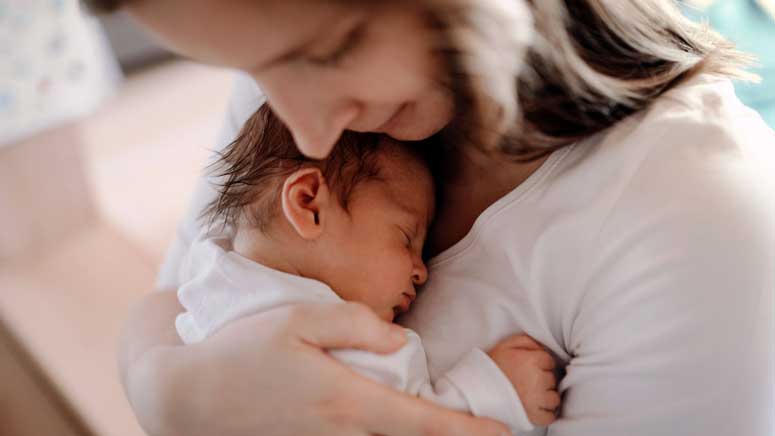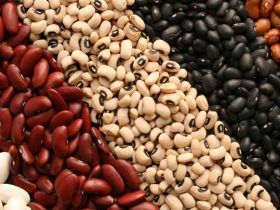Having a child comes with different body changes, regardless of whether you had a c-section or vaginal birth. The body goes through a lot of changes, the hormones keep fluctuating, and the body tries to also prepare for breast milk and a lot more. It is therefore very normal to experience diarrhea [1], sometimes hemorrhoids, and mostly constipation.
The postpartum period is the first six periods after giving birth and because the body is trying to adjust to the changes of not carrying a child, the first poop after delivery may be challenging and hard to pass out. Constipation makes one comfortable and also causes infrequent bowel movements and it is the most common problem after delivery.
CAUSES OF DELAYED POSTPARTUM POOP

- Lack of self-care: having a baby can be overwhelming and time-consuming and then resulting in little or no time to take care of yourself. Not taking enough water, lack of sleep, lack of regular exercising, and not having a healthy meal may cause constipation.
- Medical interventions: whether the delivery is vaginal or cesarean section. The women are susceptible to troubling bowel movements. Some of the medical involvement also affects postpartum poop. Labor restrictions like not consuming anything but water may be a cause, iron supplements used to treat anemia can also cause constipation and some medications like acetaminophen [2] can also delay the poop.
- Body changes: some changes also delay the poop. These changes include pelvic floor changes because childbirth stretches the pelvic, uterine contractions, stress hormones and hemorrhoids (swollen veins in the anus and rectum). While the body is trying to adjust to these changes, constipation may occur.
- Fear and Embarrassment: the pain of delivery especially if it is vaginal can cause fear for the woman. The fear of using the vaginal area may affect the woman. To some, it may be embarrassing to poop in the presence of other people in the room.













